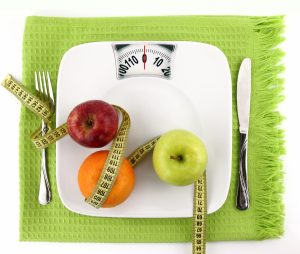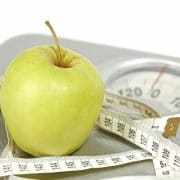What You Need To Know About Carbs After Gastric Sleeve Surgery

Dr. Rosen has helped countless patients struggling with obesity achieve a slimmer and trimmer frame thanks to the advanced bariatric surgery options at Weight Zen. Patients come from all over New York for the Gastric Sleeve surgery procedure. Just like any other bariatric surgery, a patient’s diet is going to change. Today, we’re going to specifically look at which types of carbs you’ll be able to include in your diet after you’ve undergone Gastric Sleeve surgery.
Can You Still Eat Carbs After Gastric Sleeve Surgery?
Yes!
However, just because you can eat carbs doesn’t mean you should indiscriminately eat carbs with every single meal, or eat any kind of carbs. It’s important that you know what types of carbs you’re ingesting because some are going to better for your health – and weight – than others.
Not All Carbs Are Created Equal
Both simple and complex carbohydrates can cause a number of issues after you’ve had Gastric Sleeve surgery.
- Complex Carbohydrates: These are your grains and starches. They absorb water as they sit in your stomach, expanding and potentially causing some serious discomfort.
- Simple Carbohydrates: These are sugars. They will increase your chances of dumping syndrome, which can cause quite a bit of discomfort, too.
Even though these carbohydrates aren’t great for you after Gastric Sleeve surgery, your body still needs them.
Reach For Healthy Carbs
Healthy carbohydrates can be found in fruits and vegetables and should be consumed rather than complex and simple carbohydrates if possible. Fruits and veggies won’t cause as much abdominal discomfort as the complex and simple carbohydrates will. Plus, they contain a ton of fiber and vitamins and minerals that are important to maintaining good overall health and wellness.
Avoid Unhealthy, Processed Carbs
While you’re consuming those healthy carbohydrates that your body needs on a daily basis, it’s a great idea to avoid unhealthy simple – processed -carbohydrates as much as you can. This means staying away from white bread, white pasta, white rice, junk food and candy.
Your Diet Will Mostly Be High In Protein
After you’ve undergone bariatric surgery of any type, your main concern will be consuming a healthy, protein-rich diet. In the early stages post-surgery, the protein will help your body heal faster and with less complications. After you’ve made a full recovery, your high-protein diet will help your body perform protein synthesis, as well as prevent protein breakdown in your body. Basically, a protein-rich diet is going to help your body function the way it should while you lose weight.
Discuss Everything With Your Bariatric Surgeon
While the challenges you’ll face after bariatric surgery are real, they’re also worthwhile. In order to understand the advantages and disadvantages of bariatric surgery and to discuss the above issues in greater detail, it’s imperative that you speak with a trusted bariatric surgeon, such as Dr. Rosen.
Are you interested in weight loss surgery? Do you want to learn more about your bariatric surgery options? Make sure you contact Weight Zen today, and schedule a consultation with us. Dr. Rosen and Nutritionist Megan Wolf will work closely with you to help you find the best path towards a healthier weight and a healthier you. You can use the form below to get in touch:
"*" indicates required fields












